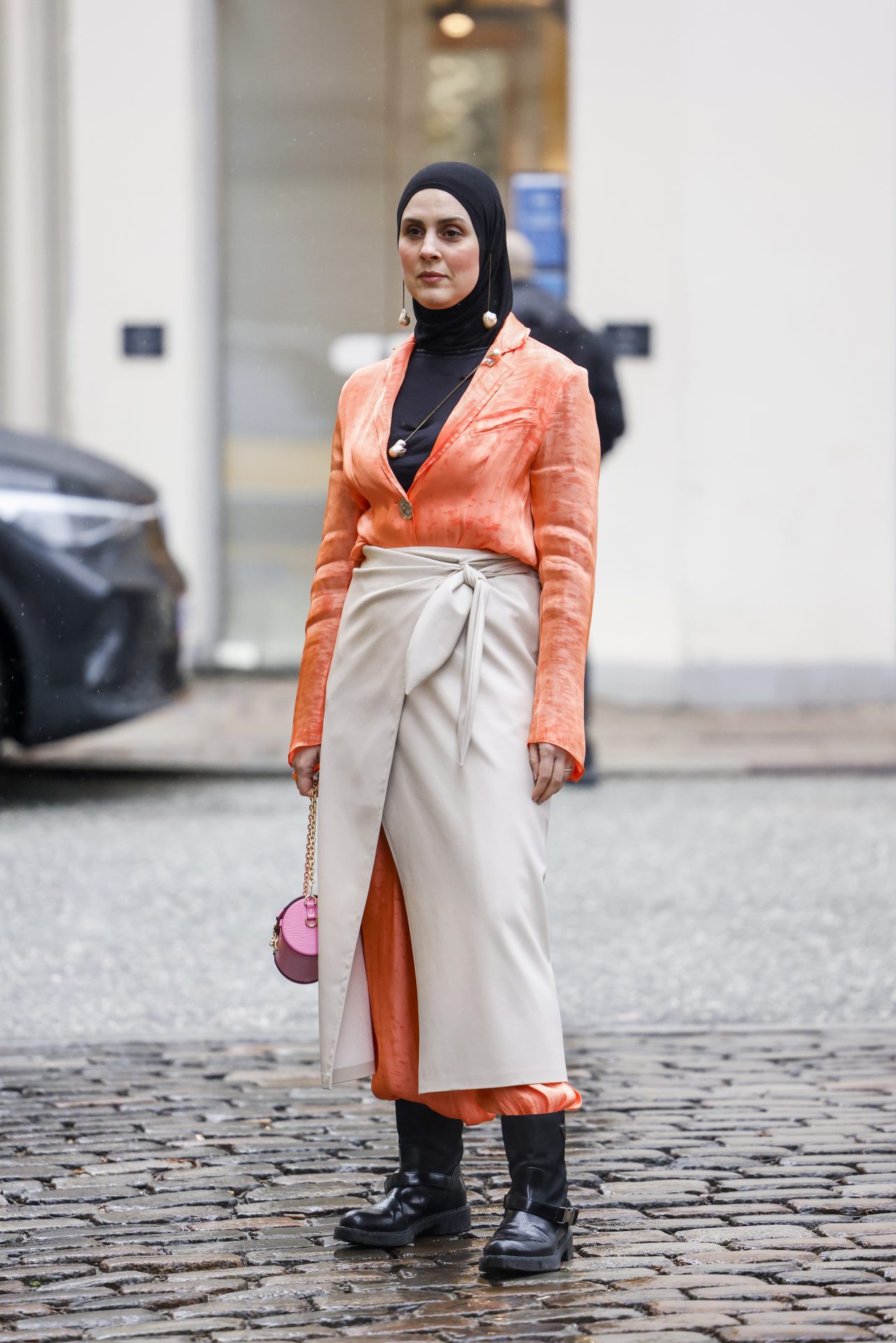Written by Naomi May
The word ‘flattering’ nods not to how something looks, but rather how something fits – and therein lies the problem.
If I were to tell you that something you’re wearing is flattering, what would you say? How would you feel? The answer probably lies somewhere in the region of happiness and relief. Rather flattering than fattening, right?
Having been wired to believe that nothing tastes as good as skinny feels, and that being thin – and therefore desirable – equates to true happiness, to refer to somebody’s sartorial choices as flattering might come naturally to us. We’ve been conditioned to believe that flattering – in the sense of making somebody thinner, slimmer or more streamlined than they usually are – is the warmest of compliments. But the notion of ‘flattering’ being a compliment is misplaced.
This is precisely why I’m boycotting the word. I want to flatter people’s personalities, their choices, their jokes and their opinions. I don’t want to make anybody feel as though I regard them as more attractive or desirable because of the way their body looks in clothes.
If using the word ‘flattering’ as a compliment is something you find yourself doing a lot, I challenge you to reconsider your choice. Consider how your use of that word will be interpreted. Is it simply a subconscious reinforcement of the unfair and aesthetic expectations levelled at women from birth. There’s a bounty of other adjectives that will reinforce the way that somebody looks: try lovely and stylish. They’ll have the same effect with none of the negative connotations.
Images: courtesy of Getty
Source: Read Full Article








